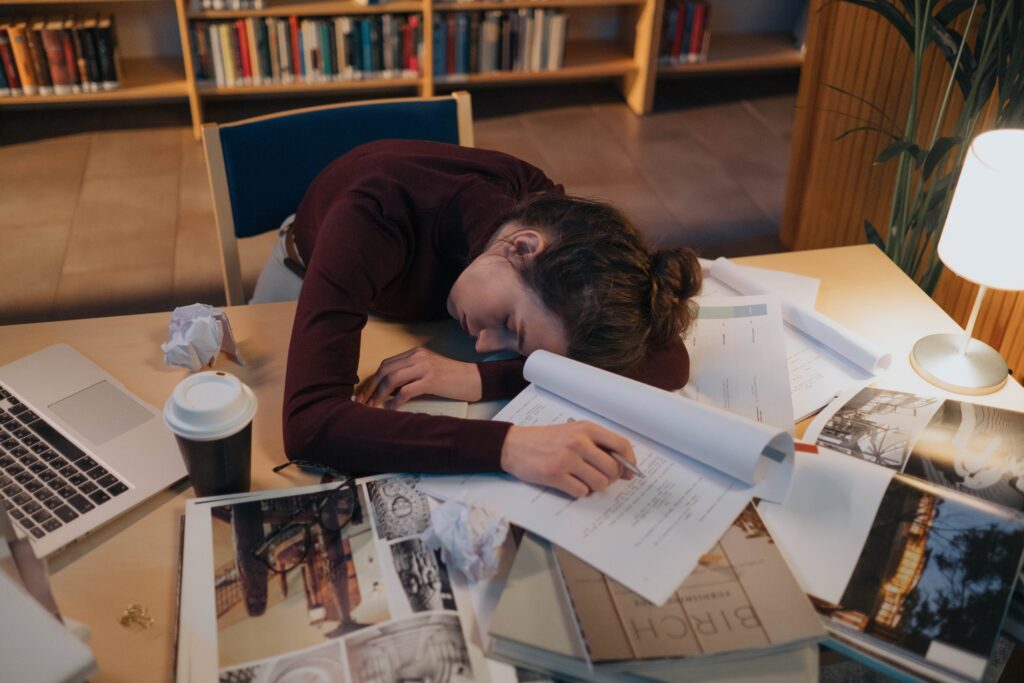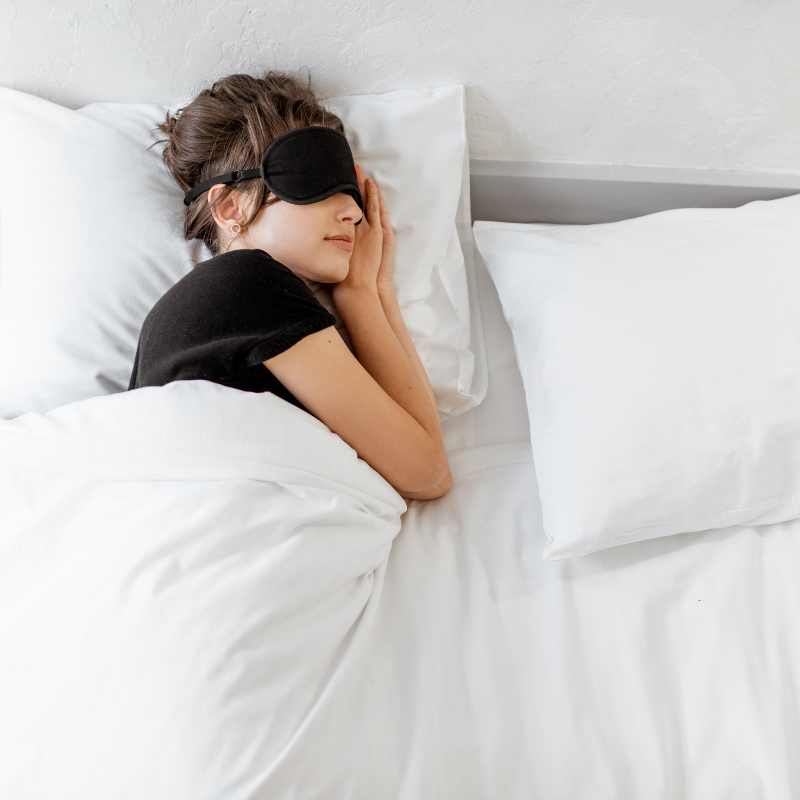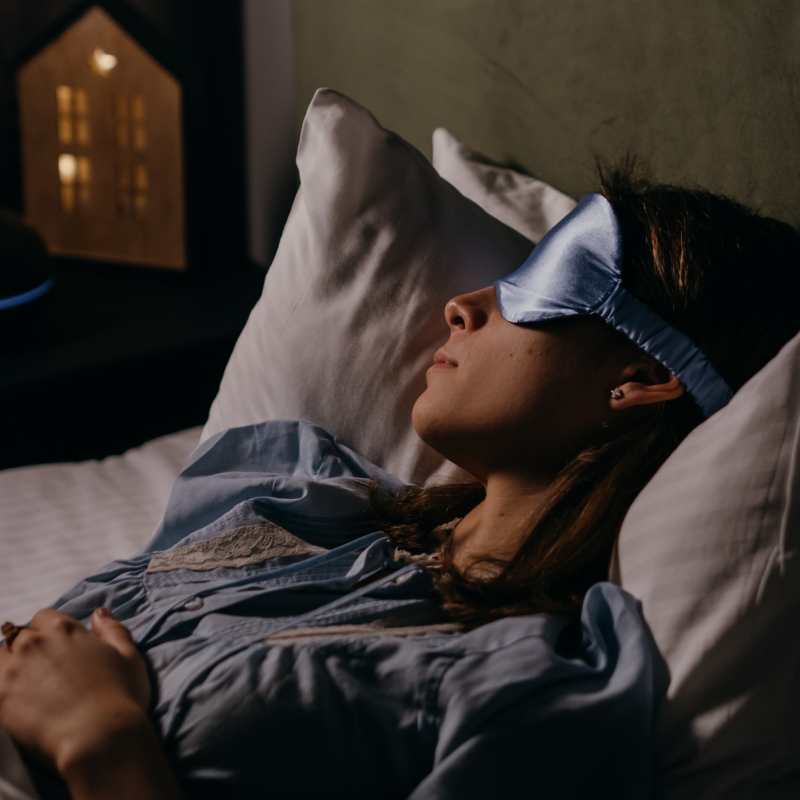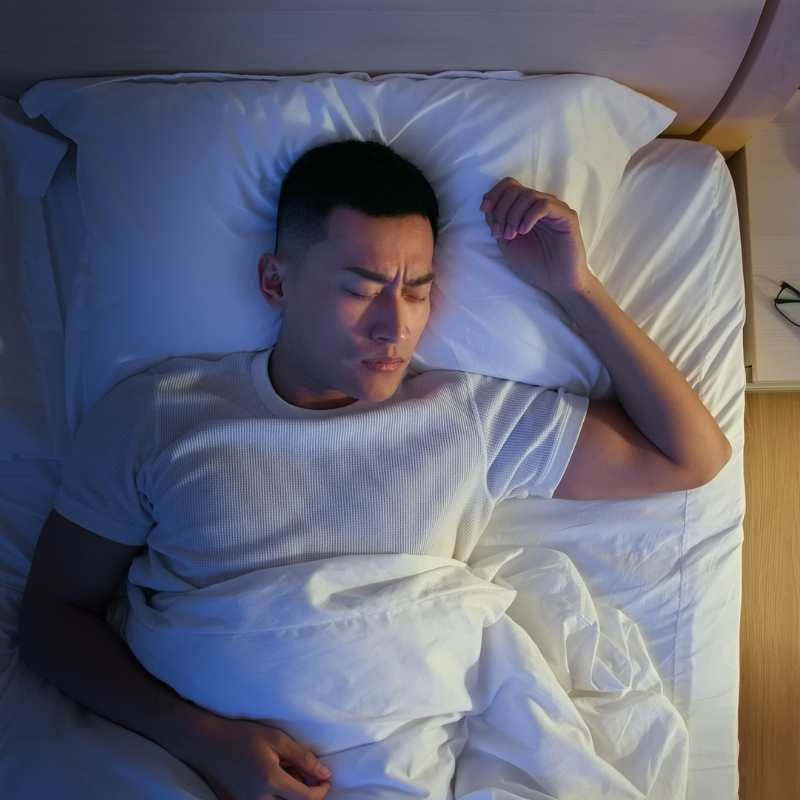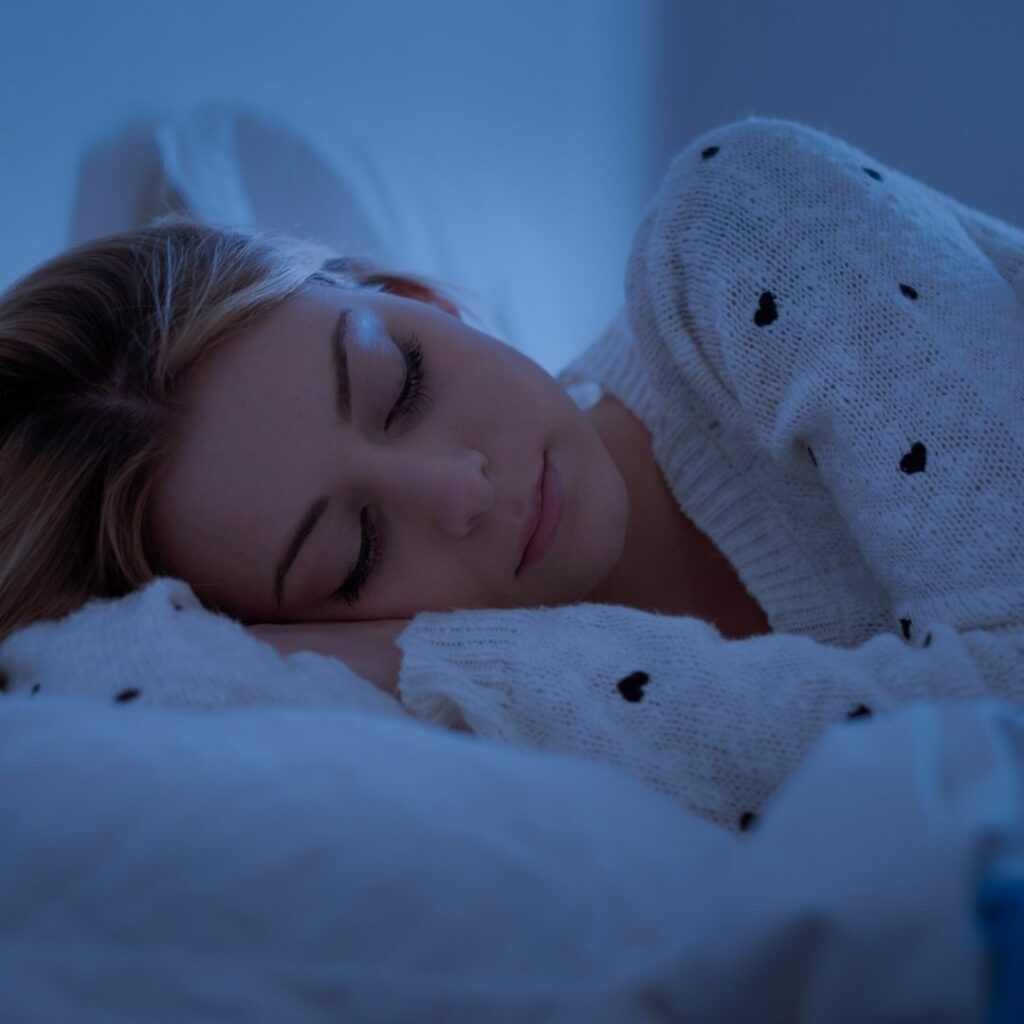Philips recently released their annual global sleep survey for the year 2021. As expected, the pandemic impacted every facet of daily life, and sleep health was no exception.
How COVID-19 affected sleep
The results of this survey were inferred after interviewing 13,000 people across 13 countries including Australia. 70% of adults around the world faced sleep issues since the pandemic began with 43% saying waking up during the night was an issue. 37% said the pandemic negatively impacted their ability to sleep well.
More stress, more distractions, less sleep
Almost half (48%) people reported that the pandemic negatively impacted their stress. In addition to the pandemic, people were most worried/stressed about financial challenges (53%) and work responsibilities (44%).
Putting phones down was also a struggle. When compared to the results from last year’s World Sleep Day survey, significantly more people said they used their phones in bed.
How much sleep did we get?
On average, people slept 6.9 hours per weeknight and 7.7 hours per weekend night. The recommended amount of nightly sleep for a healthy adult is 7-9 hours per night.
Women vs Men vs Sleep
Throughout the COVID-19 pandemic, women seem to have struggled more with sleep issues than men.
The full survey can be found here.
Information source:
- https://www.usa.philips.com/c-dam/b2c/master/experience/smartsleep/world-sleep-day/2021/philips-world-sleep-day-2021-report.pdf
- https://www.usa.philips.com/a-w/about/news/archive/standard/news/articles/20200508-sleep-smart-stressed-and-tired.html
Main image source:
- Photo by Kinga Cichewicz on Unsplash


